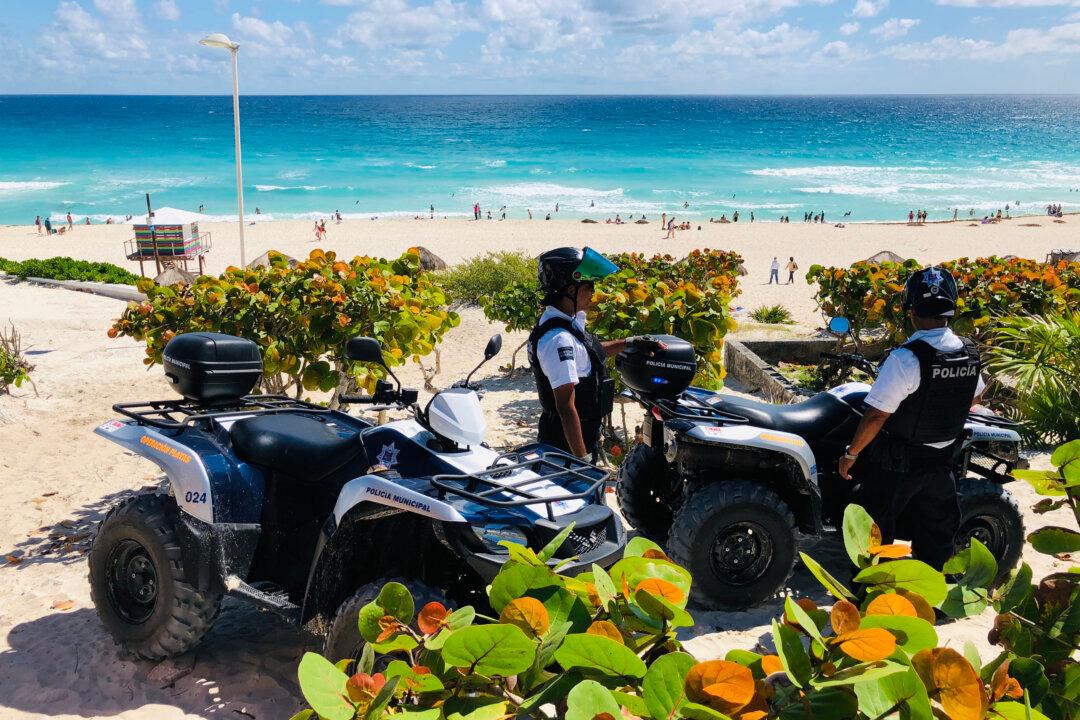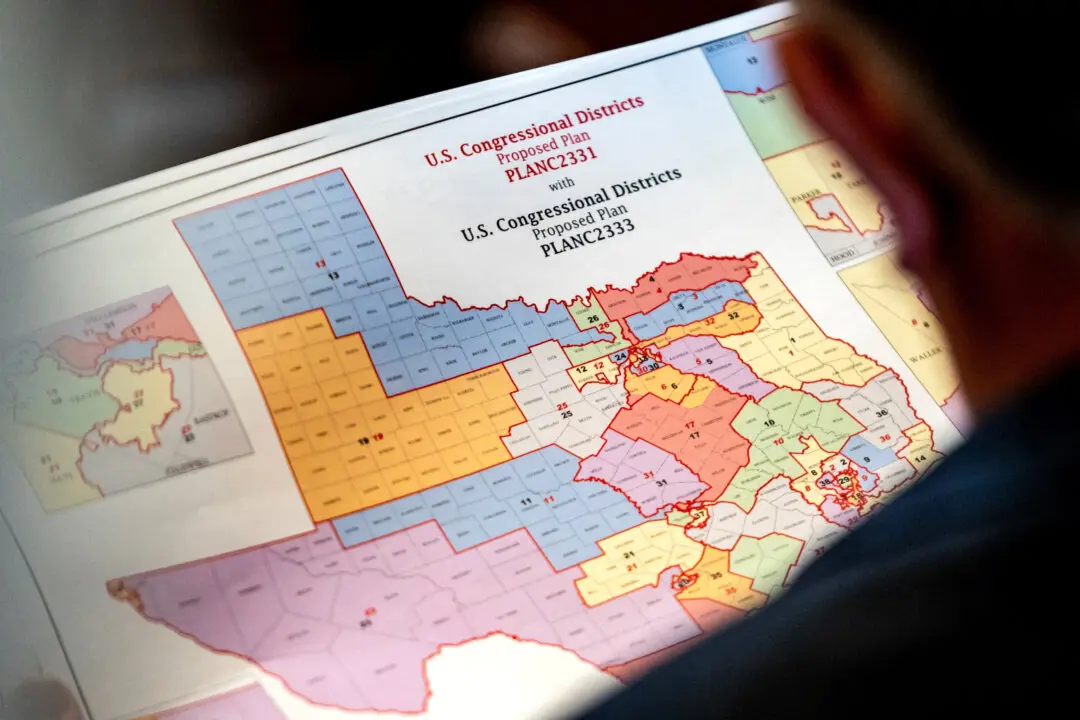With spring break approaching, thousands of U.S. citizens are gearing up for their annual vacation to Mexico, a favored destination for its beautiful beaches, vibrant culture, and sunny climate.
While most travelers enjoy their visit without any issues, the U.S. government urges tourists to stay informed and exercise caution during their stay in Mexico, according to a new advisory from the U.S. Embassy and Consulates in Mexico.





